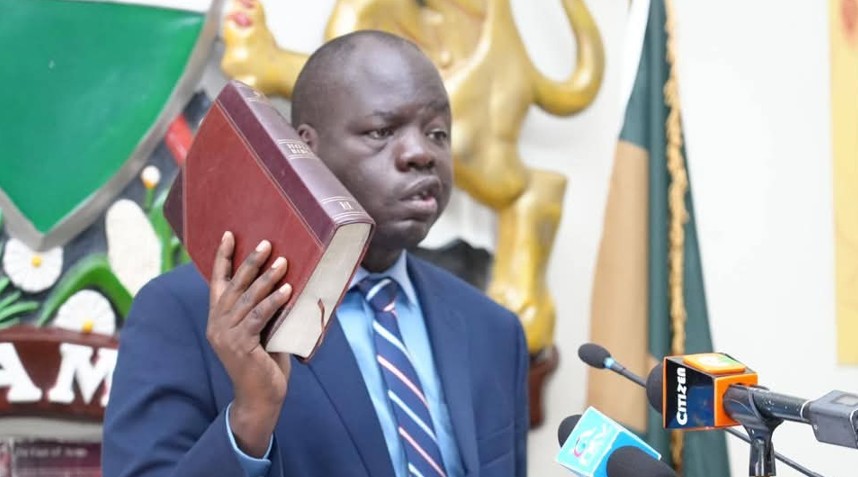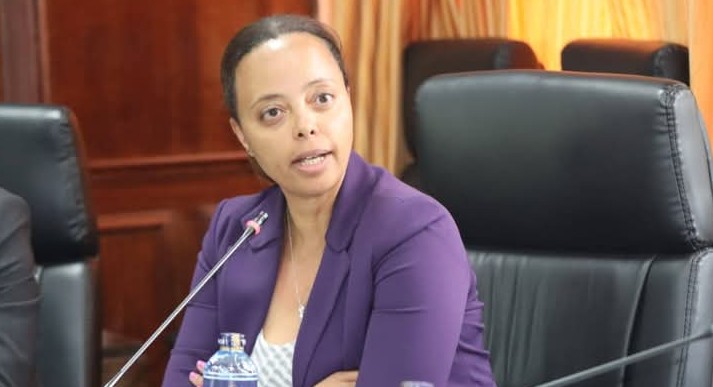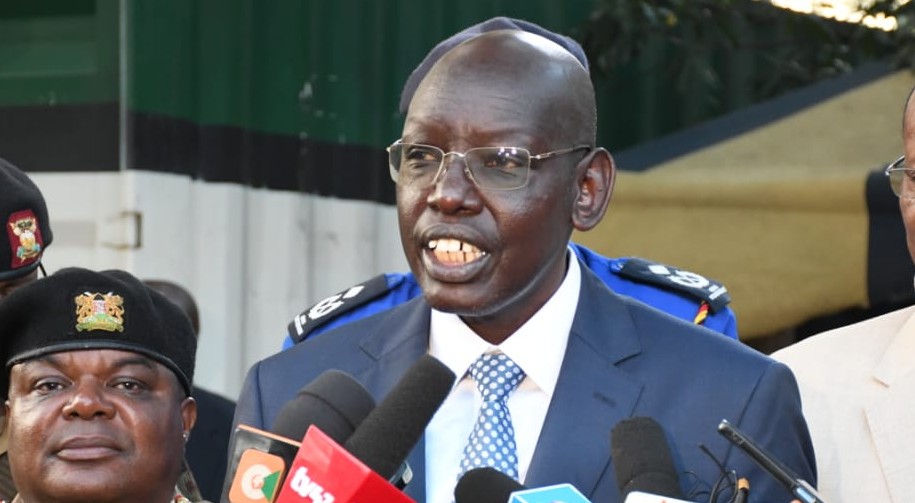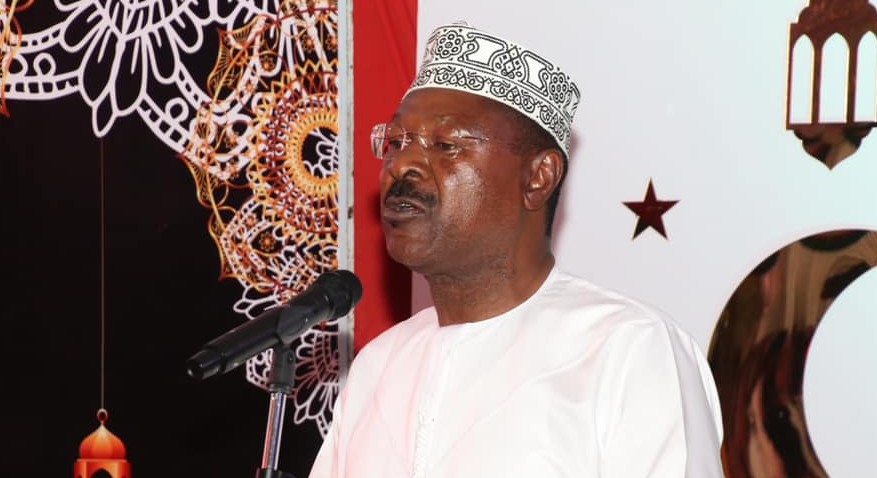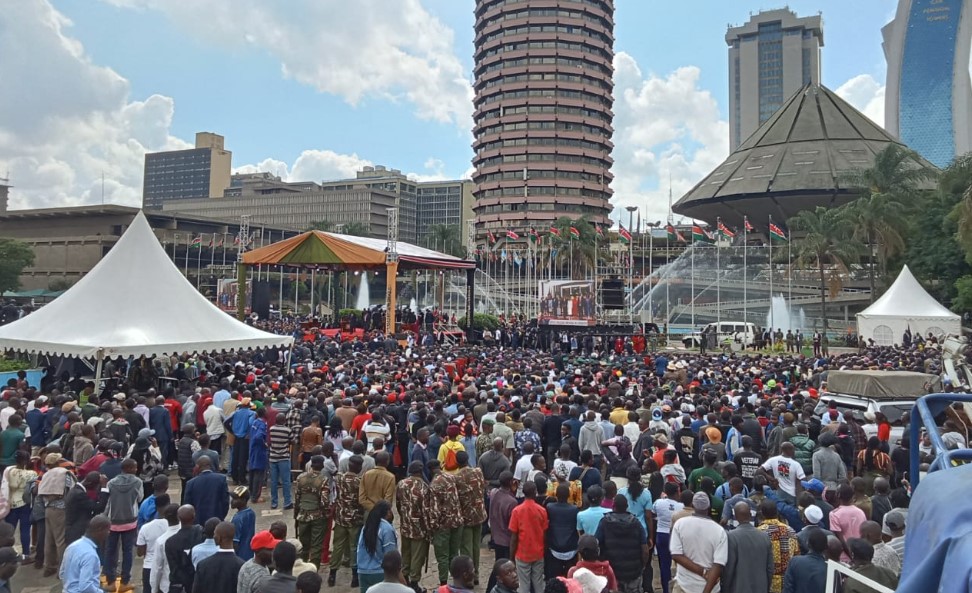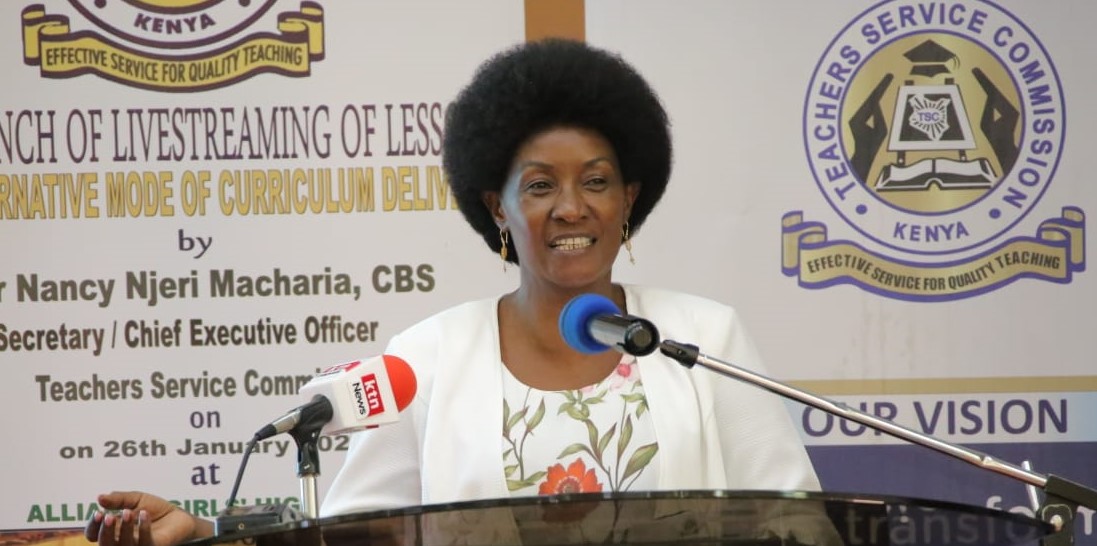State faces stalled projects, revenue shortfall after Finance Bill withdrawal
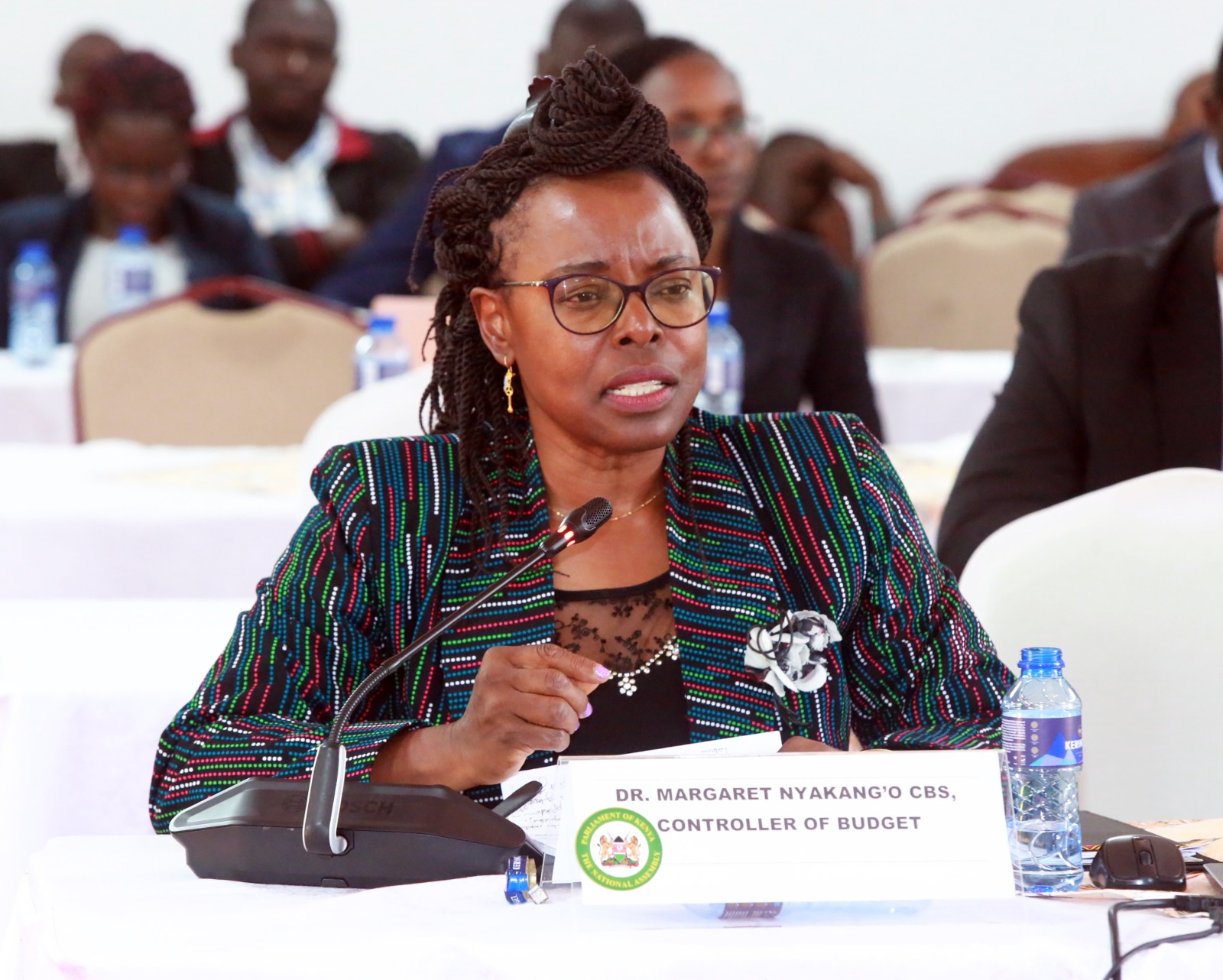
Development expenditure during the first quarter of the financial year amounted to Sh106.39 billion, translating to an absorption rate of 17 per cent, well below the 25 per cent target.
The withdrawal of the Finance Bill, 2024, has disrupted government operations, particularly in the implementation of development projects.
This is according to the National Government Budget Implementation Review Report by the Controller of Budget (COB).
More To Read
- Motorists to pay more taxes as government seeks to reintroduce levies shelved after protests
- Treasury CS Mbadi takes budget consultations to the ground to avoid repeat of Finance Bill protests
- Staff pay in Gachagua’s office nearly tripled before his impeachment as Deputy President – CoB report
- How Eastleigh businesses remained resilient in the face of Gen Z protests
The Bill, which faced widespread protests over proposed tax increases on essentials like bread, mobile money, and sanitary pads, was withdrawn after President William Ruto declined to sign it into law despite parliamentary approval.
This decision, made to address public outcry over the rising cost of living, forced the National Treasury to redraw the budget for the 2024-25 financial year, delaying the release of funds and stalling projects.
As a result, development expenditure during the first quarter of the financial year amounted to Sh106.39 billion, translating to an absorption rate of 17 per cent, well below the 25 per cent target.
The COB report attributes the delays to the revision of the budget through a Supplementary Budget and late exchequer releases caused by low revenue collection.
"The low absorption of development and recurrent budget is attributed to low receipt of Appropriations-in-Aid (AIA), affecting budgeted activities to be funded via AIA, delayed budget implementation at the beginning of the financial year due to revision of the budget through Supplementary I that was necessitated by the withdrawal of the Finance Bill 2024, and delays in the release of the exchequer by the National Treasury," stated the COB report.
The withdrawal of the bill also created a revenue shortfall of approximately Sh344.3 billion, with total receipts into the Consolidated Fund for the first quarter standing at Sh776.89 billion, or 18 per cent of the annual target of Sh4.21 trillion.
To meet the annual target, receipts should have averaged 25 per cent per quarter.
"Total receipts into the Consolidated Fund were Sh776.89 billion, representing 18 per cent of the revised annual target," reads the report
Consolidated Fund
The Controller of Budget approved the withdrawal of Sh771.71 billion from the Consolidated Fund, representing 18 per cent of the revised net estimates, implying seven per cent of targeted activities were not funded based on the target of 25 per cent in the first three months," added the COB.
To address the revenue shortfall, the government introduced a Supplementary Budget, which became law on August 5, 2024.
The revised budget reduced overall spending to Sh3.87 trillion from Sh3.99 trillion, a 3.1 per cent decrease, with the largest cuts affecting development expenditure, which was slashed by Sh122 billion.
Additionally, the fiscal deficit increased to Sh761 billion (4.2 per cent of GDP) from Sh597 billion (3.3 per cent of GDP), necessitating higher borrowing.
Domestic borrowing is expected to rise to Sh404.6 billion from an earlier estimate of Sh263.2 billion, with the balance of Sh356.4 billion to be borrowed from foreign lenders.
"The Finance Bill for 2024 was withdrawn at the beginning of FY 2024/25. Consequently, some revenue-raising measures could not be implemented, which forced the Government to rationalise expenditure for the MDAs through Supplementary Budget I, which was approved on August 5, 2024," the COB noted.
The report warns that the budget rationalization will likely affect the implementation of planned development activities for the 2024-25 financial year, jeopardizing both ongoing and new projects.
Top Stories Today

